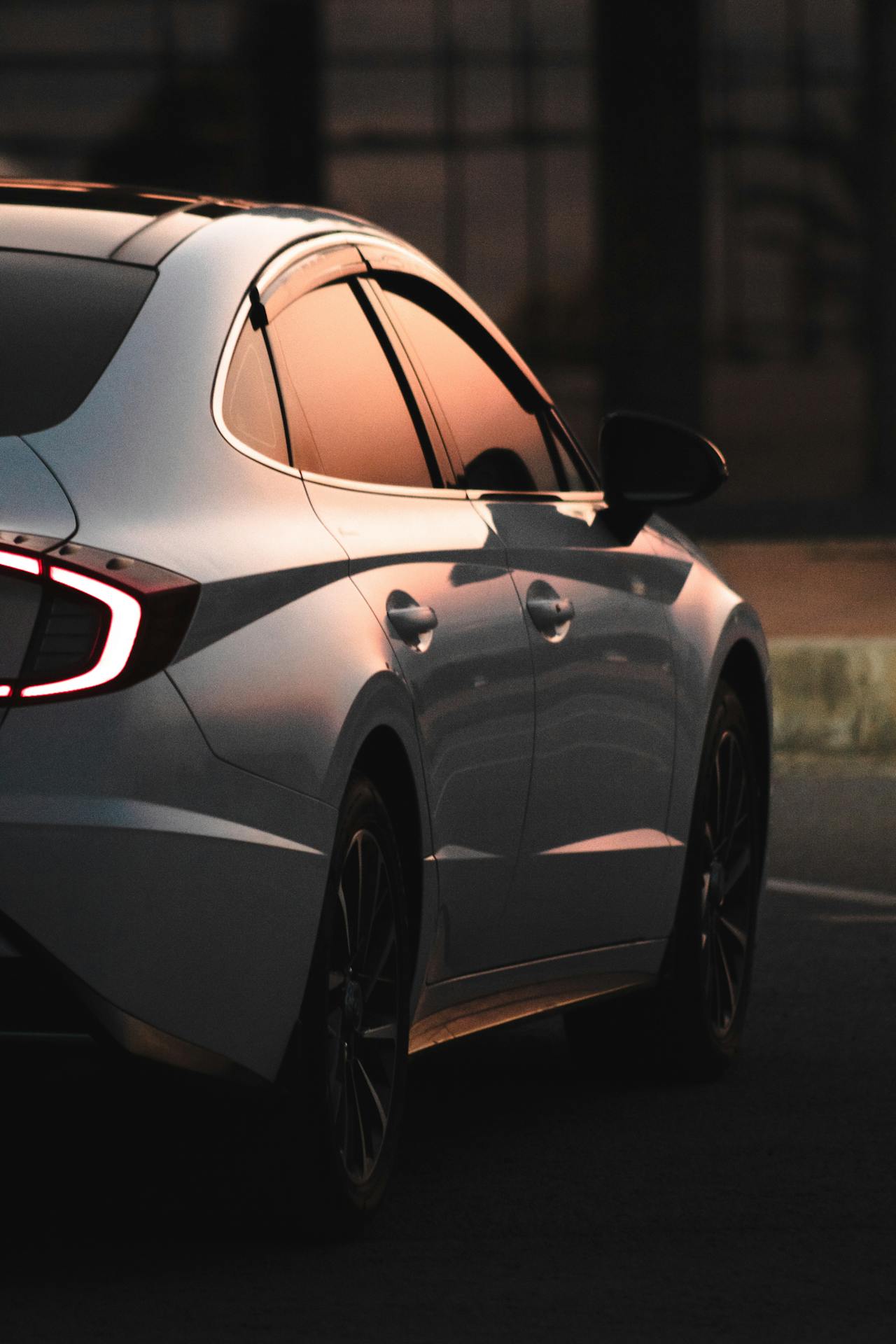Whether you urge to buy a newly minted coupe or just some jalopy that will get you from point A to point B, you should arm yourself with the right info and establish your budget.
As a diligent student, you’ve probably learned the lesson: profound research is a fast track to superior results. The same approach applies to automobile shopping. Allocate time for reading up the reviews on the foremost websites for car purchasers to collect sufficient data for judicious decision. While you’re doing that, get your back covered with essayservice.com, so you don’t fall behind your academic schedule.
Money management is also not rocket science. You have just two alternatives available: either scrimp and save to pay in cash or secure financing.
Once you are done with the groundwork, make the list of dealerships in your area and start your treasure hunt. To cut the frills here are five essential questions to ask the dealer when you get to the showroom:
1. Do You Have a Vehicle That Matches My Requirements?
Don’t expect a sales rep to have supernatural psychic powers. Before showing up at the doorstep of your dealer’s office, you should already have a pretty clear image of what you want in your mind. This task may not be a piece of cake, but there are some reference points to make that picture more vivid:
- buying new or used
- vehicle type, size, and category
- fuel efficiency
- maintenance costs
- safety ratings.
2. What Is the On-Road Price?
Once you’ve found something that looks like a good bargain, don’t rush to close the deal. Beware, that the final cost may go far beyond the amount indicated on the price tag.
First, there are some standard charges, like sales tax and registration fees. Additionally, you’ll have to cover the expenses associated with the preparation of the purchase agreement, which vary from state to state. If you are a lucky dweller of Minnesota, New York or Oregon, the dealer can charge you only up to $75. In those states where the doc fee is not capped, you might be bound to shell out as much as $800.
3. What Does a Car Warranty Cover?
Grasping all the nitty-gritty of what types of warranties are there on the market is not a cushy number. If you are not eager to digest all that info, just learn to distinguish the major types: powertrain and bumper-to-bumper coverage.
Bumper-to-bumper is a basic warranty covering nearly everything between a vehicle’s front and rear bumpers. Still, there are several areas that remain unprotected like windshield wipers, paintwork, brake pads, tires, routine maintenance, accidental damage.
Powertrain warranty covers the engine and its constituent parts, drivetrain, and transmission.
Both warranties come as standard features of factory coverage for new vehicles. Each brand sets different terms and conditions, but on average, the bumper-to-bumper warranty is active within three years from the purchase date, and the powertrain protection lasts from four to ten years.
Even if you are buying used, your vehicle may still be subject to factory warranty. You can check that online on the manufacturer’s website or run a vehicle identification number (VIN) through the dealership database.
4. Can I Go on a Test-Drive?
So you’ve meticulously inspected everything under the hood, scanned every inch of the interior, and even checked the horn sound. Now that four-wheeler looks quite sublime, but there is one more step you shouldn’t marginalize. Get behind the wheel!
Five-minute test drive won’t be enough to evince whether the seat height, control layout, steering feel, etc. are right for you. To get the full picture, the best is to drive the car in the environment you are going to use it in, be it an intercity highway commute or stop-and-go city route.
5. Can I Take Some Time to Think It Over?
Buying the first car is one of the cardinal milestones to pass for young adults. So better start your journey into the big world wisely. The secure way to evade getting a pig in a poke is to follow these simple instructions:
- Don’t get carried away. Never buy on your first trip to the dealership.
- Check the vehicle holding policy. Ask your dealer if they can hold the car till you come up with the final decision.
- Listen to the voice of reason. Discuss a bargain with your parents or friends and see if you can sell it to them. When buying used, bring along a trusted mechanic. The impartial inspection will flag all the issues the dealer hoped to sweep under the rug.
Lean towards circumspection. Scrutinize all the fees and services listed in the purchase agreement. Comb the contract for any dealer add-ons you haven’t noticed when checking the car. Remember: all the redundancies lead to extortionate markup you’ll have to pay out of your pocket.

